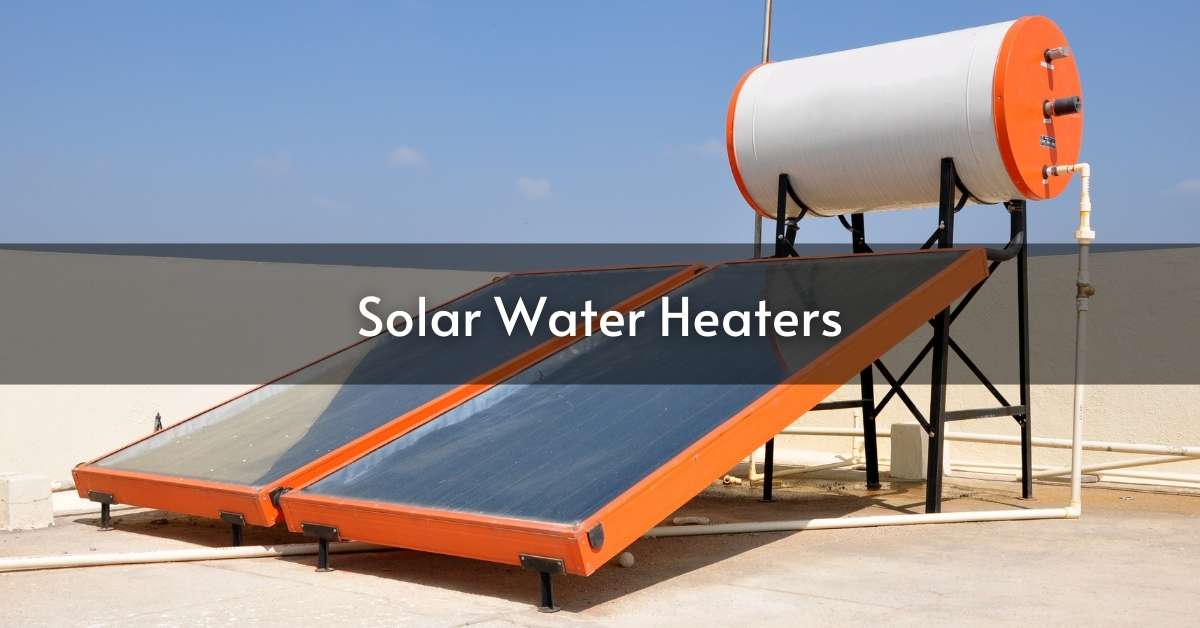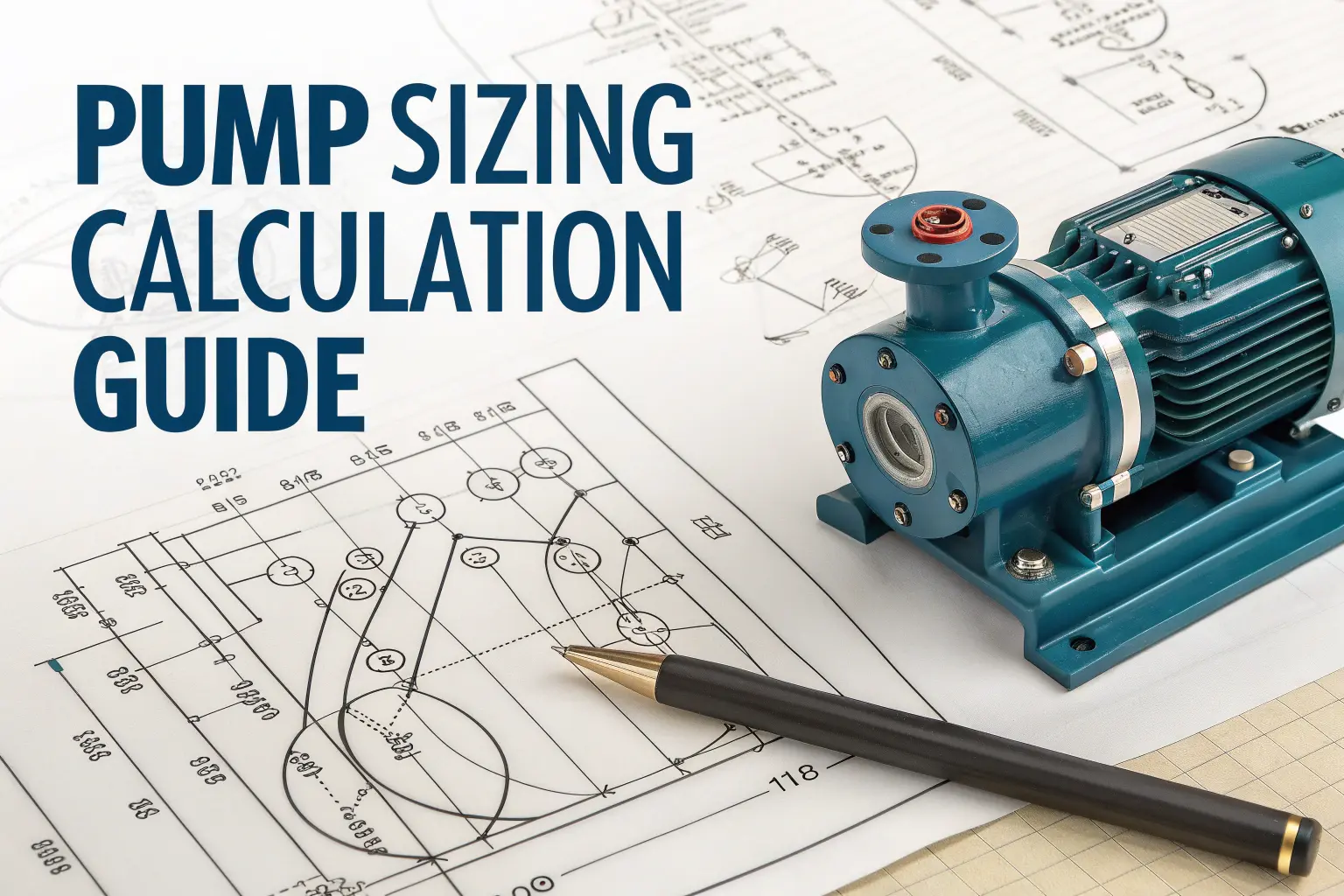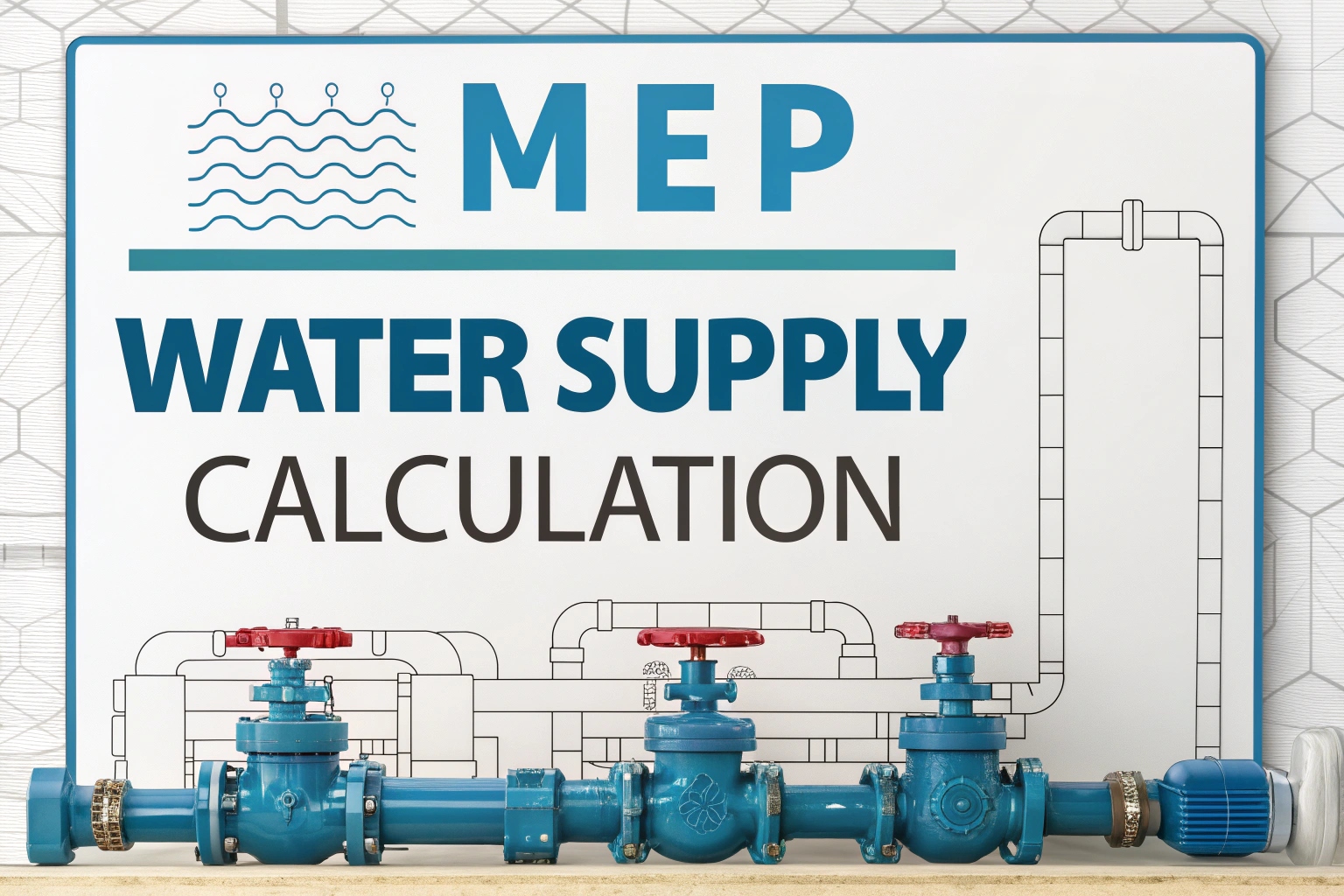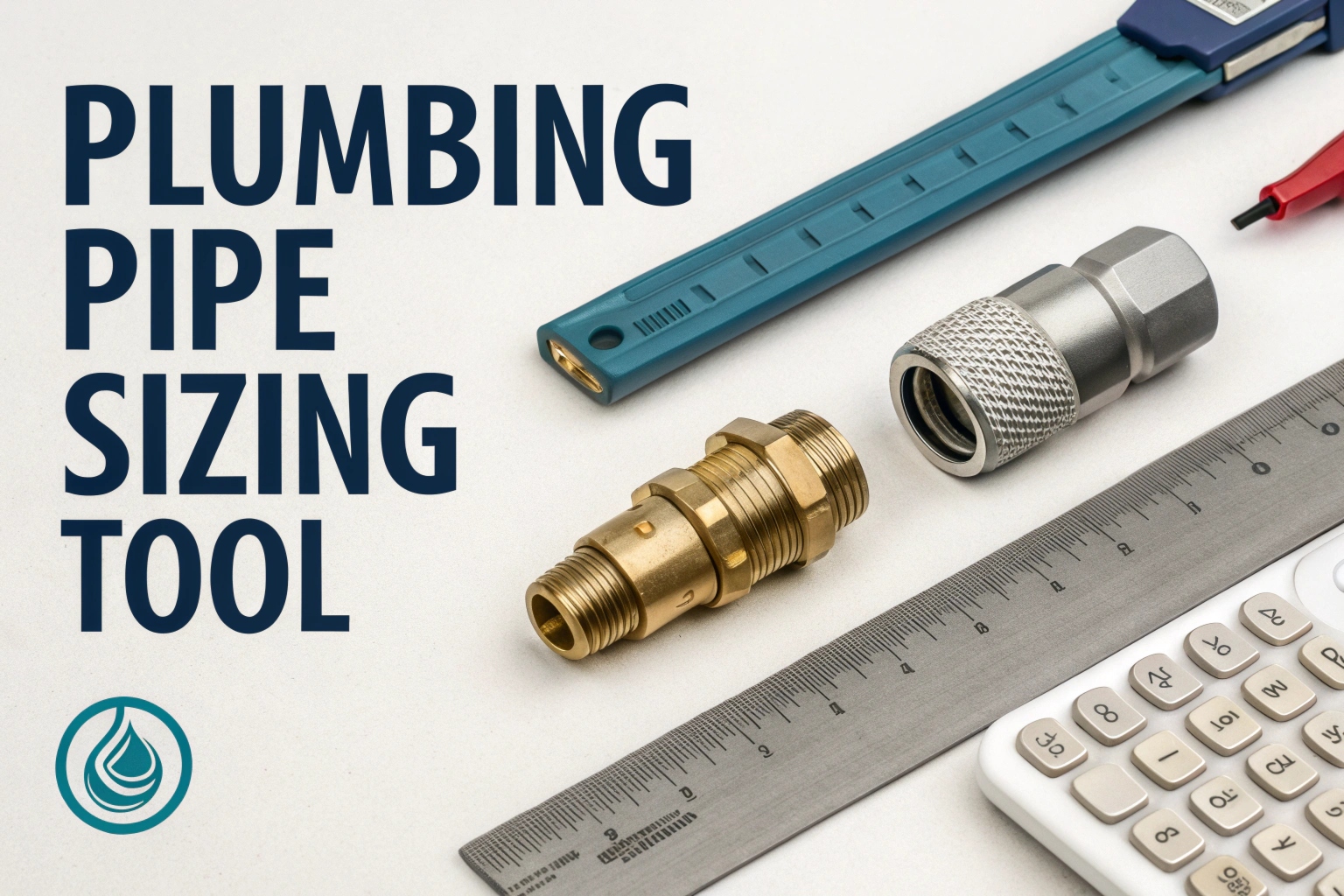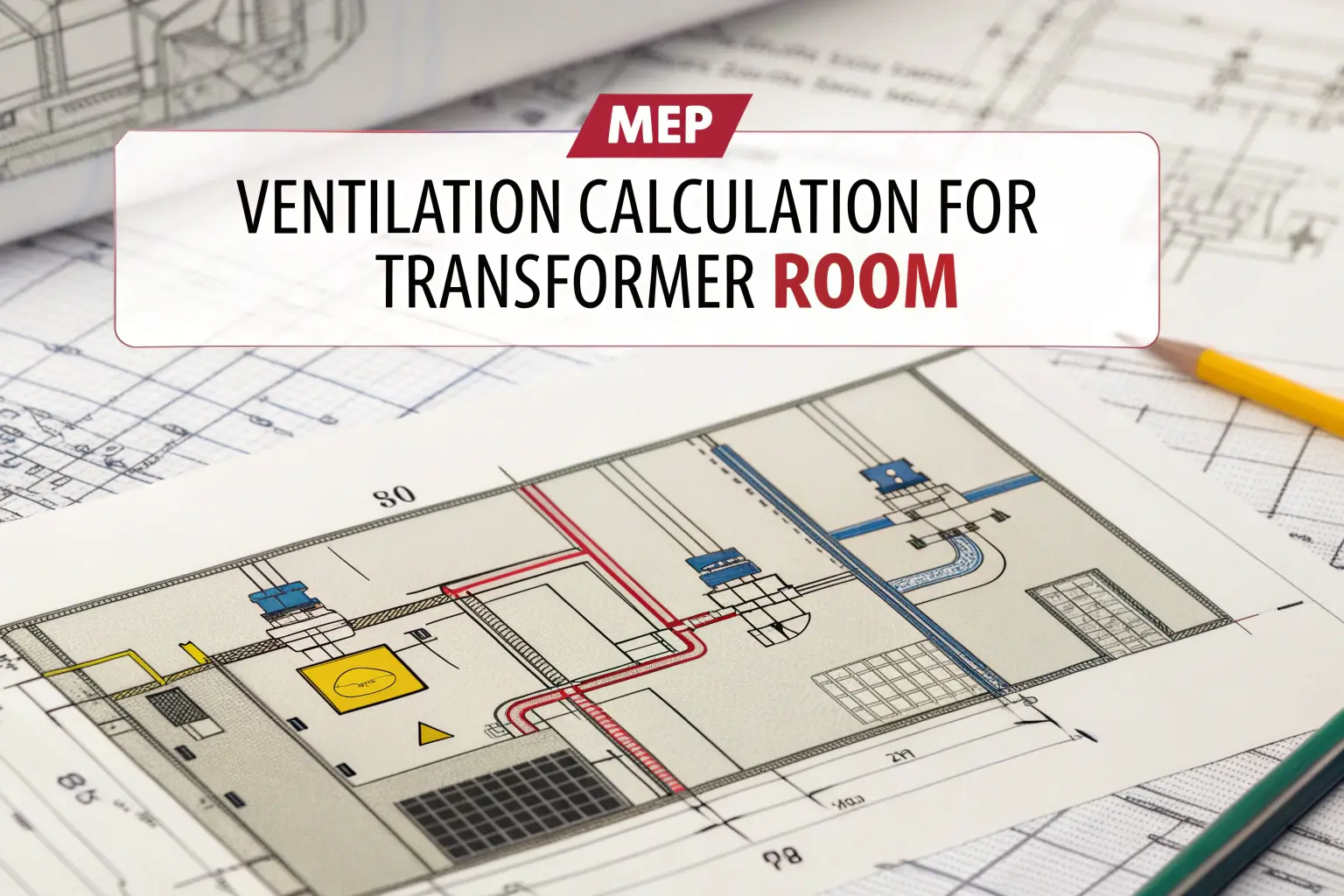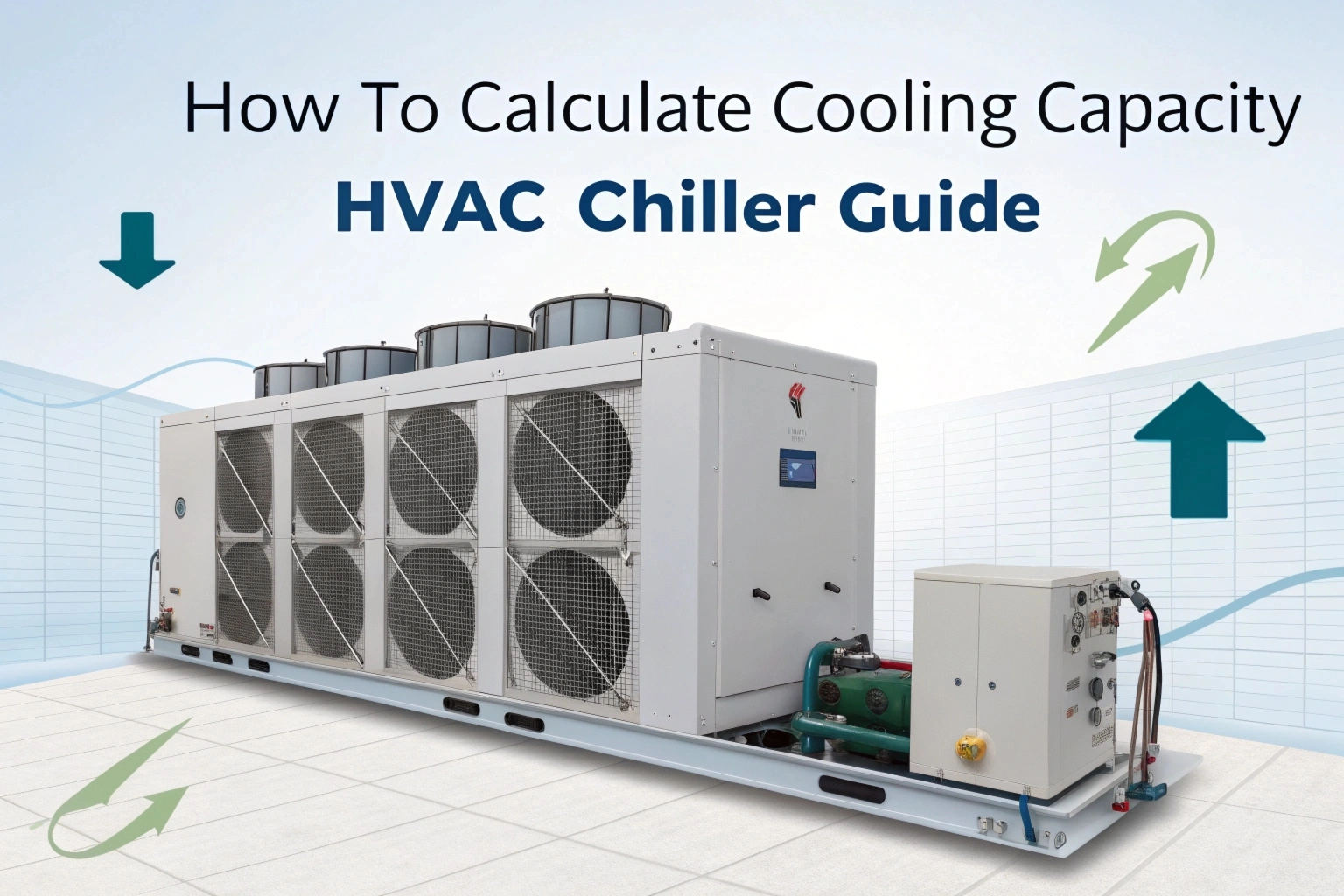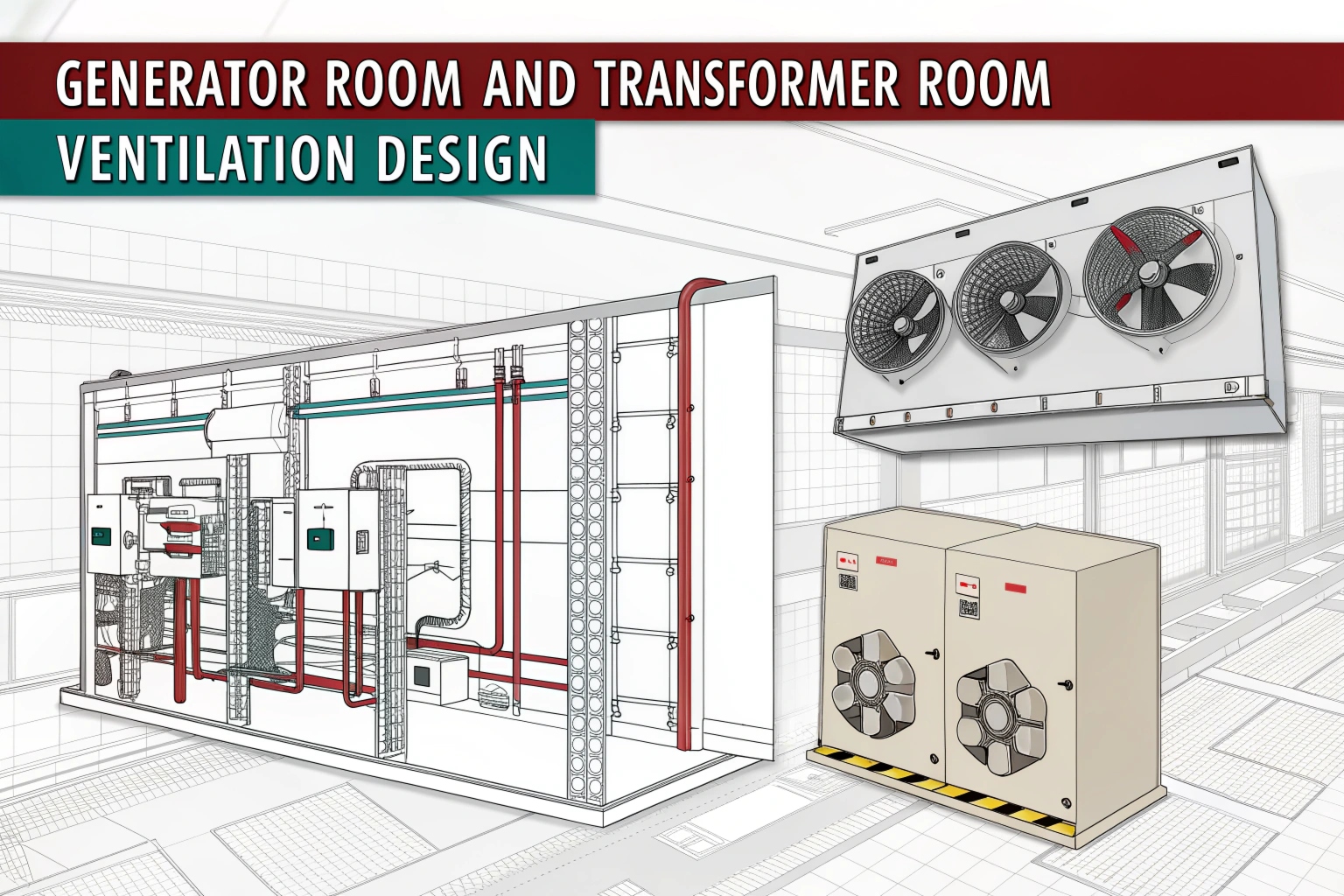The solar water heaters use the energy of the sun in an assortment of applications. Such systems work efficiently on homes and businesses as they deliver efficiency and eco-friendliness. Here we will discuss how active and passive solar water heaters work, their pros and cons, and the applications of these systems in real life.
Active Solar Water Heaters
Active solar water heaters use advanced technology in fluid movement and control of temperature in order to be very effective. There are two types that characterize this: Direct Circulation Systems, and Indirect Circulation Systems.
Direct Circulation Systems
Also known as open loop systems, direct circulation systems pump water directly from the collector to where it is used. This kind of design is straightforward and applicable best for areas having mild weather conditions that do not freeze. Without extra heat transfer fluids, water will warm up quicker.
Indirect Circulation Systems
Indirect circulation systems, or closed loop systems, use a special heat transfer fluid to move heat from the solar collectors to the water in the tank. As it is extremely cold in many places this design is very useful because it also prevents freezing. The heat transfer fluid works to make these systems very efficient even when the weather does not cooperate.
Passive Solar Water Heaters
Passive solar water heaters do not require the use of mechanical pumps or electrical components. They rely on natural processes to move water. While less efficient than active systems, they are straightforward, inexpensive, and effective for most uses.
Thermosiphon Principle
The key concept of passive solar water heaters is the thermosiphon effect. Water heats up and becomes lighter moving upwards. When cooler, heavier water moves down to replace the heated water, there is a natural flow of warm water inside the system due to this phenomenon. In most cases, the collector is placed below the storage tank where the movement of heated water is helped along by the aspect.
Storage Tanks and Solar Collectors
The majority of the solar water heaters involve an insul. OF a storage tank. A number of extra outlets and inlets connect these tanks to the solar collector. In two-tank arrangements, the solar water heater heats the water before it goes into the regular water heater. In a one-tank system, the backup heater and the solar storage are in the same tank.
There are three kinds of solar collectors that can be applied to homes. These include:
1. Flat-Plate Collector
Glazed flat-plate collectors are dark absorber plate-insulated, weatherproof boxes, covered by glass or plastic. Unglazed flat-plate collectors use a dark absorber plate, often made of metal or plastic. But they do not have covers; they are primarily used for pool heating.
2. Integral Collector-Storage Systems (ICS or Batch Systems)
These systems contain one or more black tanks or tubes within an insulated, glazed box. Before entering the regular, redundant heater, water passes through the collector first to warm up. This system works best when used in areas that do not drop below extremely cold temperatures because pipes outside may freeze.
3. Evacuated-Tube Solar Collectors
These collectors possess rows of transparent glass tubes. Each tube has a metal absorber, which traps the sun without allowing any heat to dissipate, and they are more commonly used for commercial purposes within the U.S.
A solar water heating system usually has a backup for days when there is cloud cover or there’s a call for hot water. The backup is often a conventional water heater but sometimes the solar system includes one, like the rooftop tanks that have a thermosyphon system. Backup is provided by some of the storage systems for hot water, for example, the integral-collector storage system which includes a tankless water heater.
Advantages and Disadvantages of Solar Water Heaters
Solar water heaters have numerous advantages and disadvantages. Based on these, you might decide on whether it is worth using solar water heaters or not.
Advantages
- Cost Savings: A solar water heater saves money on your energy bills since they use free sunshine.
- Environmental Benefits: They decrease the use of fossil fuels, and consequently, the growth of greenhouse gases in the atmosphere.
- Low Maintenance: Passive systems require minimal maintenance since they have fewer moving parts.
Disadvantages
- High Installation Cost: Installation of solar water heaters is costly, although the long-run saving usually compensates for it.
- Weather Dependence: It doesn’t work as well during cloudy days; therefore, a backup heating system could be necessary.
- Space Requirements: You might need some space on your roof and strong support to mount the system.
Choosing the Right Solar Water Heater
Consider the climate, your home’s hot water needs, and your budget when choosing a solar water heater. You might want to look at:
- Climate: Direct systems are suitable for the tropical regions, but indirect systems are more adaptive in cold climates, which do not allow freezing.
- Water Usage: Larger families using more hot water may require larger systems or more than one unit.
- Available Space: Depending upon the available space on the roof, the quantity and system varies.
Conclusion
A solar water heater can serve as a good alternative for renewable energy for hot water in homes. There are active and passive systems. Where a location is situated and what is specified may be met well with either of the systems. Knowing their differences and finding what would best apply to you may help you pick the system to be able to save money and contribute in small ways for the environment.
FAQs
Are solar water heaters worth it?
Solar water heaters can reduce your water heating bills by 50%–80%. Since sunlight is free, you’ll avoid fuel shortages and price increases in the future. It’s even more cost-effective when building a new home or refinancing.
Which type of solar water heater is best?
There are different types of solar water heaters. The best one depends on your needs, location, and budget.
What are the disadvantages of solar water heating?
A solar water heater requires adequate roof space and direct sunlight to function well. It, therefore, is not efficient during cloudy, rainy, or foggy days.
How does a solar water heater work?
A solar water heater works by having the Sun heat a collector panel that absorbs the sun’s energy as it heats up and transfers the heat to the water. The heated water is then collected in an insulated tank that is heated for minimal loss of heat.
Read More – Plumbing Materials: A Comprehensive – Guide 2024











